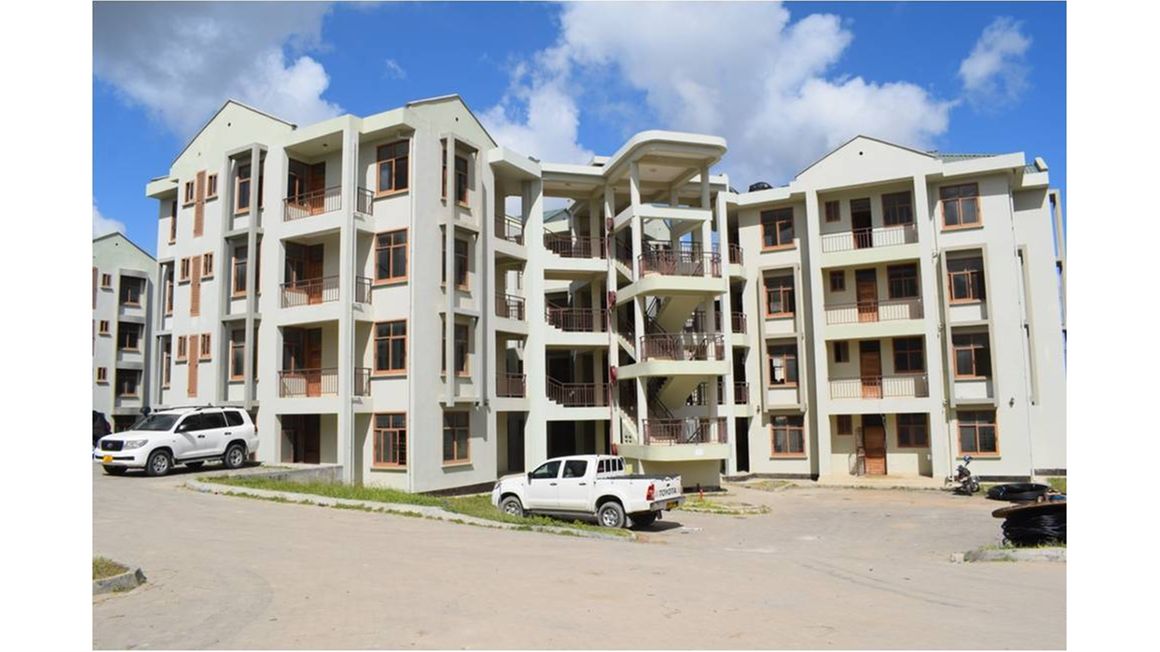
A building being constructed under a housing project in Dar Salaam. PHOTO | FILE
Dar es Salaam. The housing sector is eagerly waiting for the 2022 Population and Housing Census outcomes in order to gauge achievements made in addressing the three million housing deficit established in 2012.
Watumishi Housing Investment (WHI) chief executive officer Fred Msemwa made the statement during a recent interview with The Citizen.
Speaking during the interview, Dr Msemwa said census matters a lot to real estate developers because not only does it provides the number of people in a given geographical area, but also citizens economic, demographic details and the future trends.
“There have been a number of initiatives undertaken by the public and private sector in closing the housing gap such as housing development in major cities,” said Dr Msemwa. He said the said initiatives have been undertaken in major cities of the country including Dodoma, Dar es Salaam, Mwanza, Arusha and Morogoro.
He said the 2012 Population census revealed that Tanzania has 46 million people and 9.3m households which could as well be taken to be the number of houses with an average of five people per homestead.
Furthermore, census provides yet important information on the number of houses in a given area at a given time as well as the quality of available buildings.
According to him, the quality of houses is measured by looking at building materials used during the construction, availability of basic infrastructure such as water, sewerage systems, electricity and roads.
“In the 2012 population census, it was revealed that out of 9.3m available houses, 6.3 million homes were roofed by corrugated iron sheets and the remaining three million houses were built by either wood or mud and roofed by grasses,” he said.
“It is not surprising that since then the housing gap in the country has been estimated at 3 million homes pointing out that the sector needed an immediate measures,” he added.
Furthermore, Dr Msemwa said in the last 10 years, stakeholders in the housing ecosystem have been channelling scaling efforts to bridge the housing gap established in the 2012 Population Census. Speaking on the relationship between census and employment, he said the exercise provides important inputs for planning and policy formulations by the government.
He said the private sector have been using Population Census results in planning and establishing the new demand trends for products and services. “For example, in the case of the housing sectors, the private sector would use the population figures as well as the established housing gap to forecast the demand for construction materials needed, number of houses needed and even the type and houses requiring rehabilitations and their respective geographical area,” he stressed.
He added for example, in the construction of new homes, the International Labor Organization (ILO) estimates that development of 100 new homes creates at least 120 new jobs.
It is therefore imperative to conduct census as they can bring a fresh thinking on how the nation embarks on addressing gaps in the provision of goods and services in the society.




No comments :
Post a Comment